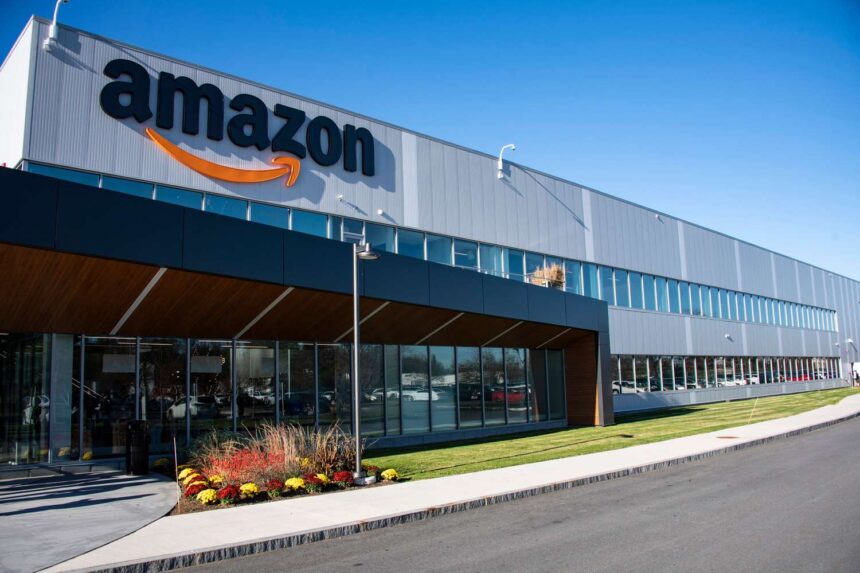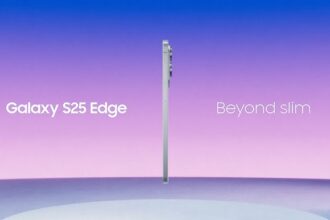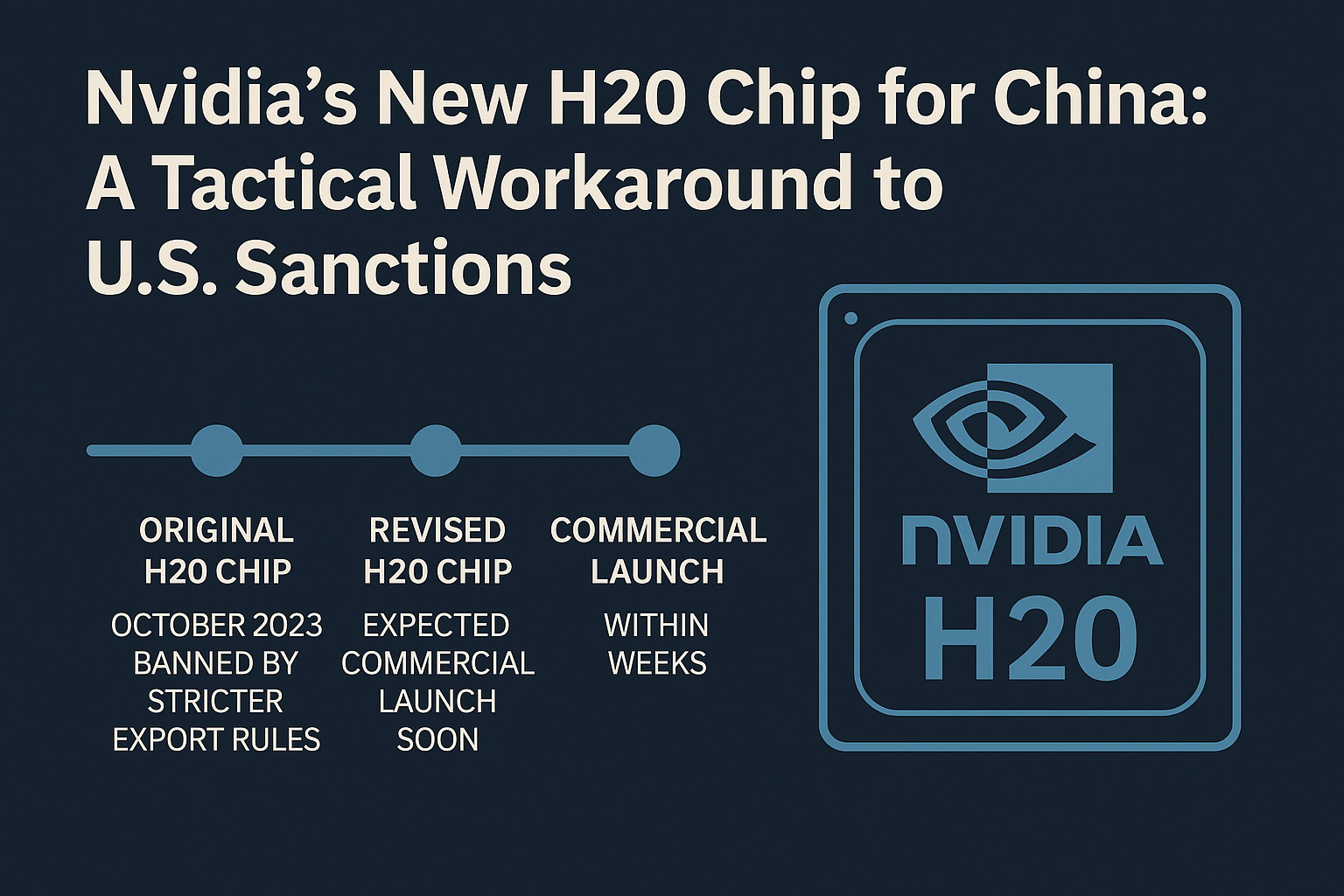Amazon announced on Thursday its intention to increase capital expenditures to $100 billion in 2025, marking a significant rise from last year’s spending of approximately $83 billion. This increase is largely driven by the company’s commitment to invest in artificial intelligence (AI), particularly within its Amazon Web Services (AWS) division.
CEO Andy Jassy noted during a call with investors following the release of the fourth-quarter earnings report that the company spent $26.3 billion in capex during Q4, indicating that this figure is a reasonable indicator of the expected annualized capex rate for 2025. “The vast majority of that capex spend is on AI for AWS,” he emphasized.
Amazon has been rapidly investing in data centers, networking infrastructure, and hardware to meet the soaring demand for generative AI, which has gained immense traction since OpenAI launched ChatGPT in late 2022. The company has rolled out a range of AI products, including its Nova models, Trainium chips, a shopping chatbot, and a marketplace for third-party models called Bedrock.
Other tech giants are also ramping up their AI investments. Google parent Alphabet announced it expects to invest about $75 billion in capital expenditures this year. Microsoft has committed to spending $80 billion in fiscal 2025 on data center expansions to support AI workloads, while Meta plans to allocate as much as $65 billion for capital expenditures to enhance its data center and computing infrastructure.
Amazon’s announcement came in the wake of mixed results for the fourth quarter, with projections for weaker-than-expected sales overshadowing a positive performance on both revenue and earnings. Following the earnings report, Amazon’s shares fell more than 4% in after-hours trading.
Jassy reassured investors that the increased spending represents a “once-in-a-lifetime type of business opportunity.” He expressed confidence that the investments in AI would yield long-term benefits for the business, customers, and shareholders alike. “We also have capex that we’re spending this year in our store’s business, really with an aim towards trying to continue to improve the delivery speed and our cost to serve,” he added.
Amidst these ambitious plans, tech companies are facing renewed skepticism regarding their AI spending strategies, especially following the rapid success of Chinese AI startup DeepSeek. The company claims it developed its R1 model in just two months with an investment of less than $6 million, asserting that it rivals OpenAI’s offerings. This announcement has caused significant market disruption, with chipmakers Nvidia and Broadcom collectively losing $800 billion in market cap following the launch of DeepSeek’s model.














